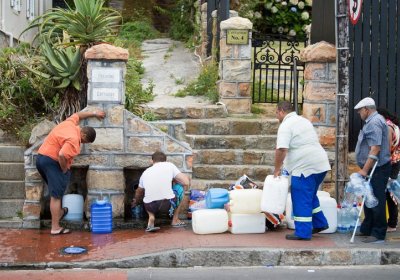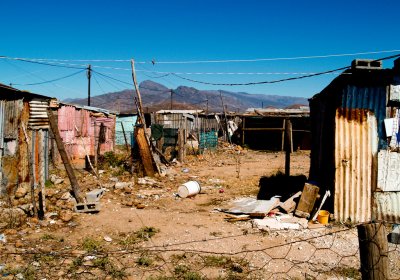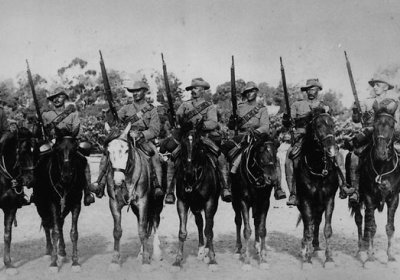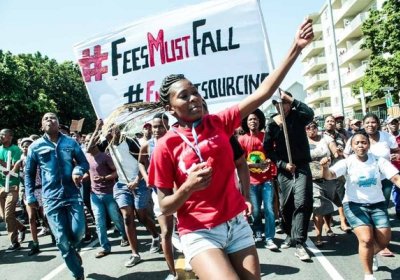The rise of Cyril Ramaphosa, from the ruling African National Congress (ANC), to South African president following a February 15 vote by the National Assembly was largely greeted with sighs of relief and expressions of joy.
However, jubilation over Ramaphosa’s election obscures a murky past and stormy future.











